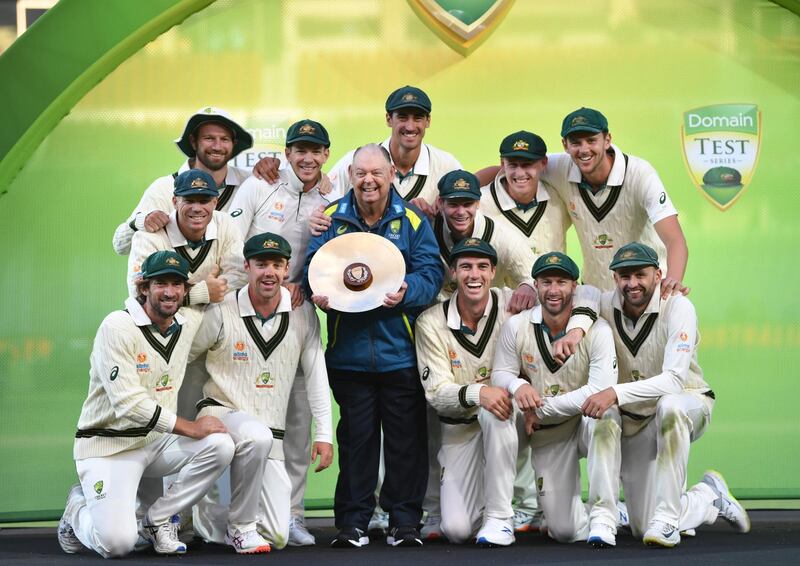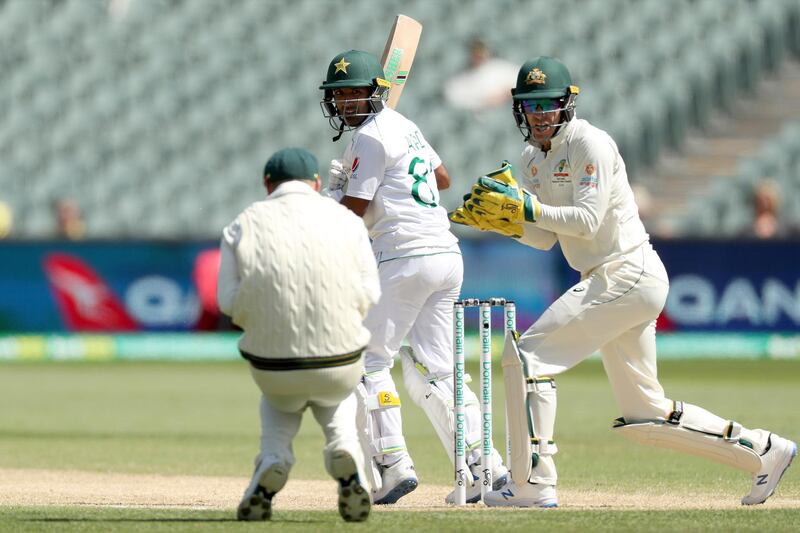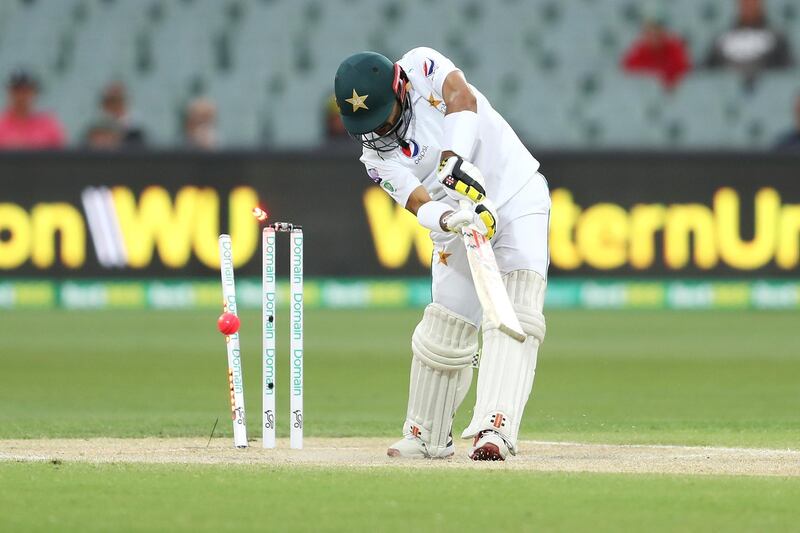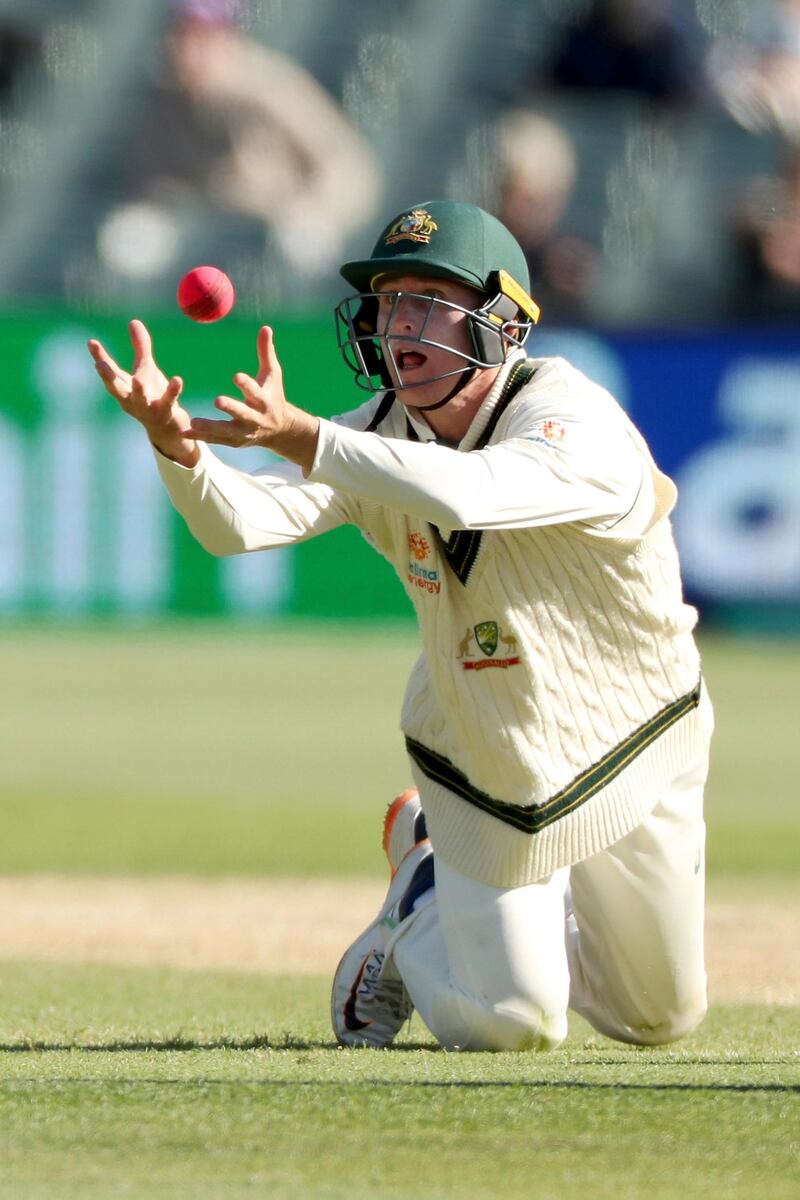There were some memorable performances from both teams during across the two Tests, but the reality is that Australia outplayed Pakistan in all departments of the game to sweep the series.
Innings wins in both matches were an apt reflection of the gulf between the two teams in terms of discipline, execution and even talent.
Pakistan entered the series with a new captain – Azhar Ali – and an inexperienced bowling attack. While the batsmen didn’t perform too badly – Babar Azam truly announcing himself at the Test level with a century and a 97 – the bowling was abysmal at times with the hosts needing to bat just once in both matches.
Following Australia’s win by an innings and 48 runs in the day-night Test in Adelaide, we take a look at three takeaways from the series.
Pakistan’s woeful bowling
There is just no other way to put it. Pakistan's revered assembly line of fast bowlers is no longer producing the finest products, either in quality or durability. Much was expected from the likes of teenage quicks Naseem Shah and Musa Khan; maybe that was a mistake to begin with.
Barring a couple of spells from a fired up Naseem in the first Test and the general reliability of left-arm seamer Shaheen Afridi, Pakistan’s bowling was flat throughout. Leg-spinner Yasir Shah went for around 200 runs in both matches, denying the visitors even a modicum of control.
Former Australia captain Ricky Ponting said this was probably the worst bowling attack to visit his country in a long time. Naseem was dropped for the second Test despite showing promise and Mohammad Abbas looked nowhere near as threatening on a true surface. Perhaps more worrying is the Test retirements of experienced quicks Mohammad Amir and Wahab Riaz. So this is what Pakistan have for now.
Labuschagne the real deal
Marnus Labuschagne came on as a concussion substitute for Steve Smith in the Lord’s Test earlier in the year and hasn’t looked back since. He made four successive fifties during the Ashes and made all that hard work count against Pakistan, smashing two "daddy" hundreds.
Scores of 185 and 162 show that Labuschagne has the ability to score big. Granted, it wasn't the best bowling attack but even someone as accomplished as Smith didn't score a fifty in two outings.
Just like Smith, Labuschagne was seen as a batsman and a reliable leg-spinner. But his batting has grown exponentially over the past year, catapulting him into the top five, maybe even three, batsmen in the country.
Time for Fawad
OK, so Pakistan don't have many world-class bowlers knocking on the door of Misbah-ul-Haq demanding a place in the side but they do have one batsman in the domestic structure who definitely deserves a place in the playing XI straightaway – left-hand batsman Fawad Alam.
The 34-year-old has been overlooked for years despite being the most consistent run-getter in domestically. Fawad recently crossed the 12,000-run mark in first-class cricket, scoring a double century for his team Sindh. His first-class average of 56.5 is the 12th best in the history of the game, which begs the question – what more does a player need to do to get selected?
Sri Lanka are scheduled to tour Pakistan next week for a two-Test series and Fawad has a good chance of beng picked. If he doesn', don't be surprised if he throws his bat away and retires for good.















